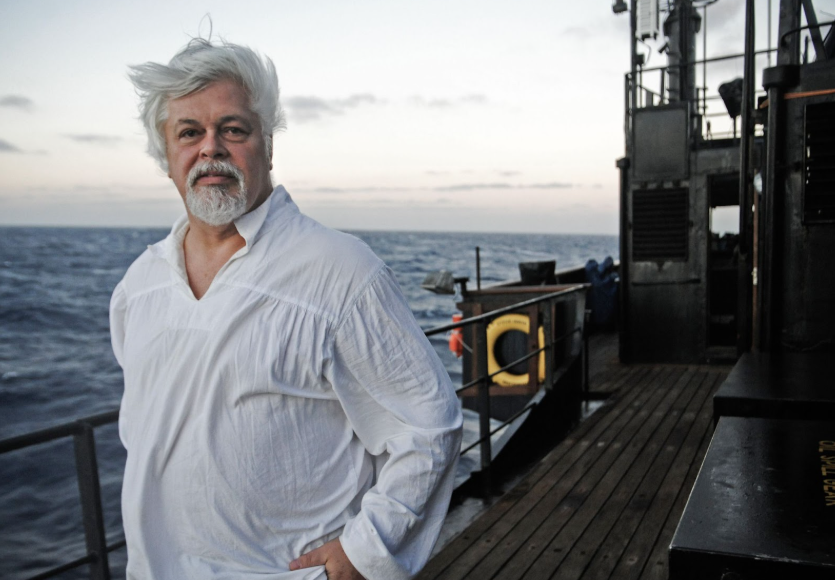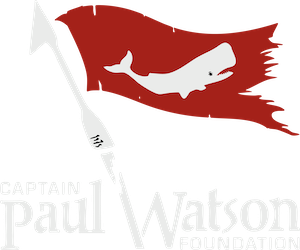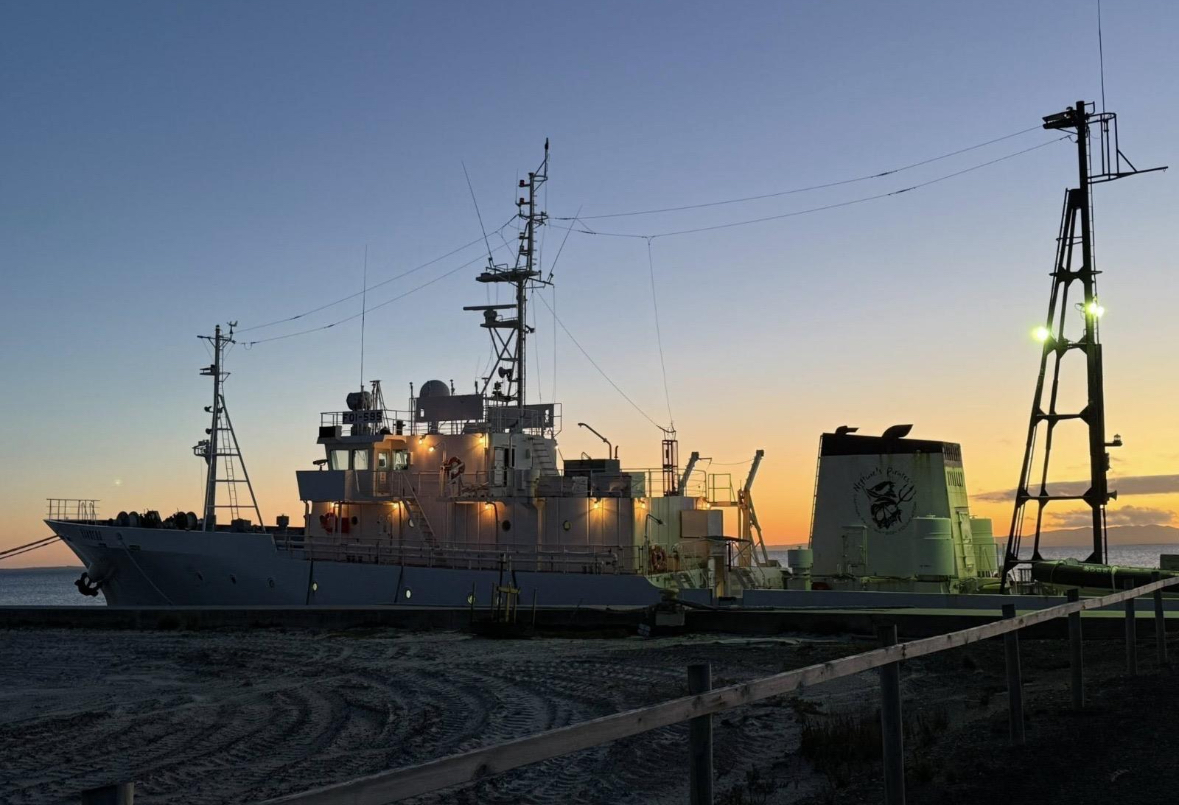From building global organizations like Greenpeace to leading decades of high-seas campaigns for marine life with all his might, environmental activist and entrepreneur Captain Paul Watson has long stood at the frontlines of driving paradigm shifts in how the world views and protects wildlife., Now, with his foundation and a ship preparing in Melbourne, he is setting his sights on his next mission: to save the krill.
Australia’s glistening Southern Ocean is home to some of the most prolific marine life, from magnificent killer whales and chinstrap penguins to mighty cookiecutter sharks and striking eagle rays. But away from the big and powerful lie some of the smallest animals. And one of them, perhaps the most vital one, is the krill, a crustacean that holds the power of sustaining marine life in the ever-vast ocean, despite being the size of a thumb.
Yet despite its significance in the ocean, providing a diet for most marine animals, krill are often treated like an afterthought, leaving them at the mercy of being fished in exponential numbers. The krill fishery is currently one of the biggest fisheries in the Southern Ocean, catching around 300,000 tonnes a year, which are harvested primarily for farm animal food, fish bait, or pet foods. But despite feeding many, krill fishing is also taking food away from most of the marine life in the Southern Ocean, including whales, penguins, seals, and more.
And that’s where Captain Paul Watson, co-founder of the global organization Greenpeace, entrepreneur and environmental activist, is coming in, with his fleet of ships to fight the battle of krill conservation.
The battle for marine conservation has never been easy. And for decades, no one has embodied that battle more boldly than Watson, known worldwide for his relentless advocacy and activism for marine life, and his tireless dedication in building Greenpeace, who once chased harpoon ships on the series Whale Wars. Now, he’s calling upon Australia, a country with its heart tied closely to the sea, to rally with him with the Captain Paul Watson Foundation.
“Australia has always held a deep-rooted concern for marine conservation,” says Watson. “It was our base of operations during the Whale Wars campaigns between 2005 and 2015. People there know who I am, my purpose, and my mission. And now, they can rally with me, not just to remember, but to act.”
Even before founding Sea Shepherd Conservation Society, Watson had been a key advocate for the protection of marine life. Now, he’s keeping his ethos of “aggressive non-violent intervention” at the forefront of his initiatives with the Captain Paul Watson Foundation.
This renewed commitment is not about protesting for protest’s sake, but reflects his effort to show up, take action, and directly disrupt ecocide in real time, focusing largely on krill and whale conservation, which now more than ever work synchronously.
“We’re preparing a ship in Melbourne right now,” Watson says. “It’ll be one of two ships setting out for our next campaign, and this one, the people of Australia can support directly.”
The Captain Watson Foundation runs entirely on the power of its people, volunteers who crew the ships, supporters who work onshore, and donors who keep the mission alive. But the cause is far more urgent than keeping a vessel afloat.
This campaign, launching later this year, will confront the ongoing ecological crisis of industrial-scale overfishing of krill taking place in the Southern Ocean, near the Antarctic Peninsula. This region is home to some of the planet’s most vulnerable ecosystems, and Watson isn’t mincing words about the threat.
“The main product made from krill goes into fish feed for salmon farms,” Watson explains. “People are told farmed fish is a sustainable alternative, but for every salmon raised, up to seventy fish have to be taken out of the ocean to feed it. That’s not sustainability. That’s a mass extinction operation disguised as a solution.”

Watson insists it’s a broken cycle, where the ocean is being strip-mined of one of its smallest creatures to mass produce products that may be cheap at the checkout line, but come at an extraordinary ecological cost. “The knock-on effects are staggering,” Watson says. “Diminished krill populations threaten whales and penguins, yes, but they also destabilize the entire marine food web.”
Watson, with his roots as an activist, believes that the time for quiet concern is over. To him, the fight for the ocean has never been theoretical. It has always involved real ships, real people, and real confrontation with the systems that endanger life beneath the waves.
He recognized that far too few organizations captured the urgency and the impact he sought toward krill conservation, organizations that he himself once helped build. “I saw them head down to the krill fishery just to take pictures, not take action. That’s not what I wanted to do; I know I could do a lot more. So I founded the Captain Paul Watson Foundation to bring that into effect. And have been making a difference ever since.”
And it’s that difference that is interspersed with the Captain Paul Watson Foundation. “This is not a new mission. It’s the continuation of everything I’ve always stood for, but with an initiative that continues to take charge and fight, with intention, with purpose, and with care. I cannot, and will not, stand on the sidelines watching injustice take place.”
The Melbourne campaign isn’t just a strategic mission; it’s a personal fight. It establishes Australia as a key player in ocean protection at a time when ecological tipping points are being crossed with little public notice. It sends a message to the rest of the world: that Australia still leads from the front when it comes to protecting the planet.
Captain Paul Watson, the fierce marine life activist-entrepreneur, is no stranger to Australian waters, or to the hearts of those who have watched him risk everything to protect marine life.
As the Southern Ocean braces for another krill season, Watson’s new campaign is a timely reminder that the fight for the ocean isn’t over. And for those who remember the impact of past missions, it’s a chance to be part of something just as powerful, if not more.

